9 th Grade
Language and Literature
unit one: CHOICES IN LIFE
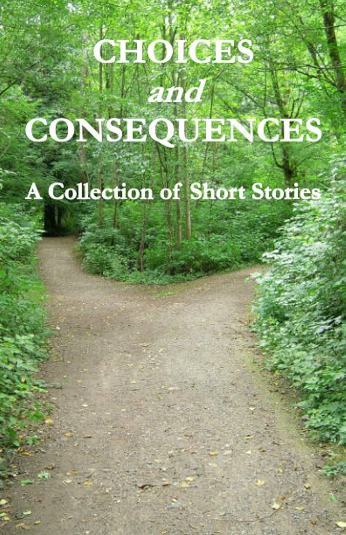
Global Context: Identities and Relationships
Key Concept: Creativity
Related concepts: Character, Self-expression, Point of View
Statement of Inquiry: While stories, like arguments, have parts, they can be told in different forms with different styles from different perspectives/voices.
Factual: What are the basic components of a short story? How does the author use literary elements to create an interesting short story?
Conceptual: What is truth? Where/Why/How do people search for the
meaning of truth?
Debatable: How is truth corroborated? Is the truth out there?
Text(s): Short Stories by Various Authors
Unit Two: CONNECTIONS
Global context: Identity and Relationships
Key concept(s): Connections & Intertexuality
Related concepts: Identity, Character, Self-expression, Point of View
Statement of inquiry: We examine connections between text, creator, and audience across time and place to understand the human condition.
Factual: What is the difference between dystopian fiction and other genres?
Conceptual: What is point of view? What influences identity?
Who has power in this story and who does not?
Debatable: Is every decision made in creating a novel or film is a
concious choice or do we read too much into our analysis?
Text(s): The Giver by Lois Lowry & Pleasantville (film as non-literary text)
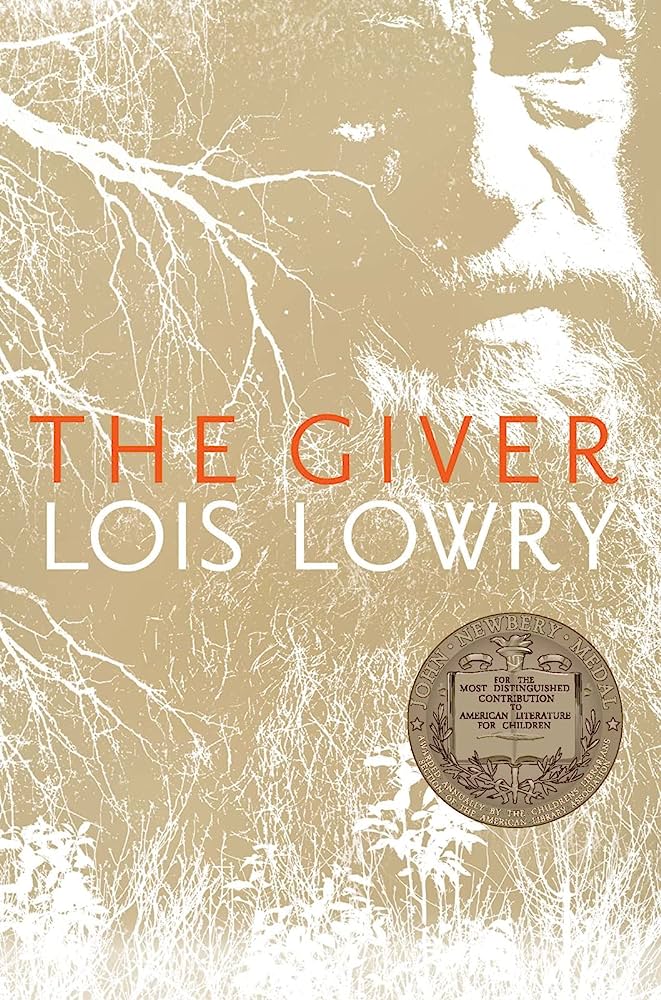
UNIT Two: WHO AM I?
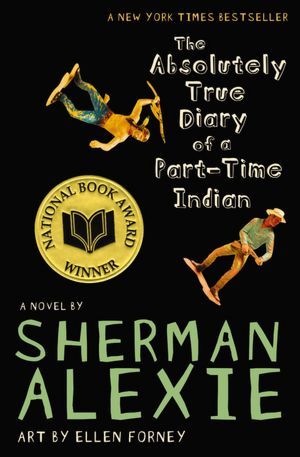
Global Context: Time, Place, and Space
Key Concept: Perspective
Related Concept: Character; Point of View; Setting
Statement of Inquiry: Our understanding of what it means to be an individual and community member is shaped by the space, time, and place in which we live.
Factual: How can growing up in two different worlds impact a young person?
Conceptual: How are people transformed through their relationships with others? When and how should an individual take a stand?
Debatable: To what extent does power or the lack of power affect individuals? How are prejudice and bias created and overcome? How can literature (and other art forms such as film and TV) serve as a vehicle for social change?
Text(s): The Absolutely True Diary of a Part-Time Indian by Sherman Alexie
Unit THREE: What's love got to do with it?
Global Context: Orientation in Time and Space
Key Concept: CONNECTIONS
Related Concept: Genres; Point of View; Theme
Statement of inquiry: To what extent can the way we communicate with others can change the nature of our relationships?
Factual: What are the different ways in which people communicate with each other?
What different conventions are associated with the ways people communicate?
What conventions are used to communicate with an audience in the genre of drama?
Conceptual: How can ways in which we communicate affect our relationships with other people?
Debatable: Is non-verbal communication (theatre conventions) more powerful than verbal?
Text(s): A Midsummer Night' Dream by William Shakespeare
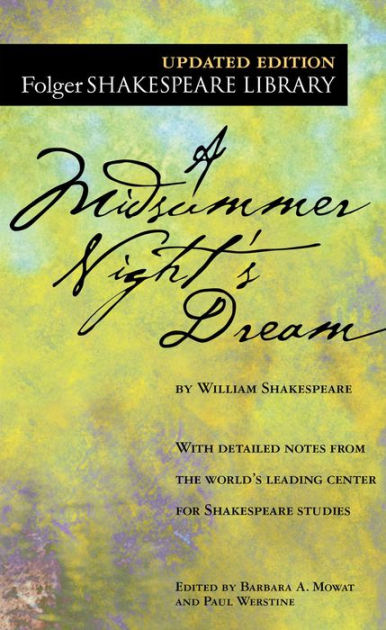
UNIT FOUR: OUR COMMON HUMANITY
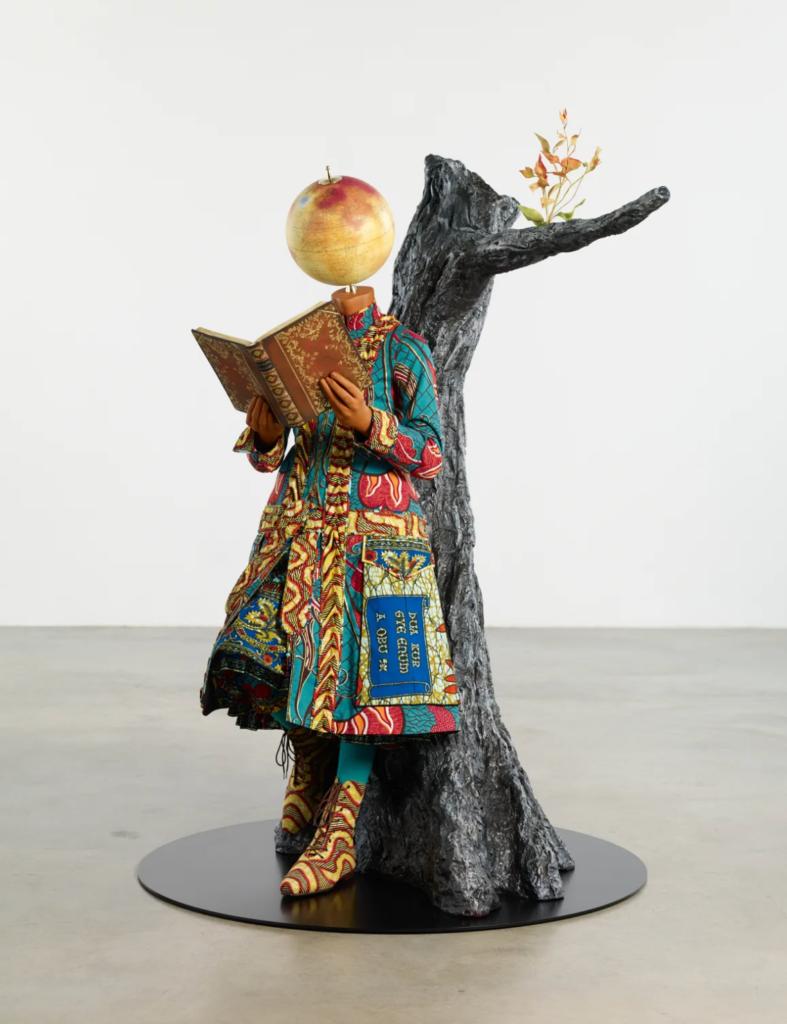
Photo source: Yinka Shonibare website
Global Perspective: Identities and Relationships
Statement of Inquiry: Literature is essential to an understanding of our common humanity and our impact on the world. Visual expression as well as different non-literary texts will speak to our common humanity.
Key Concept: Connections
Related Concept(s): Intertextuality; Theme; Character
Factual Question:
Conceptual Questions:
Debatable Question:
Text: Various artists, non-literary texts and poetry
UNIT FIVE: PERSPECTIVE & STYLE
Global Perspective: Identities and Relationships.
Statement of Inquiry: Authors express their cultural perspective through various types of stories so that diverse audiences can understand their histories.
Factual Question: What is culture?
Conceptual Question: How does the way we express our cultural stories affect how our audience perceives them?
Debatable Question: To what extent can stories change our perspective on others' cultures and historical events?
Key Concept: Perspective
Related Concepts: Point of View, Self-Expression, Genres
Global Context: Orientation in Time & Space (Civilization and social histories)
Text: Haroun and the Sea of Stories by Salman Rushdie
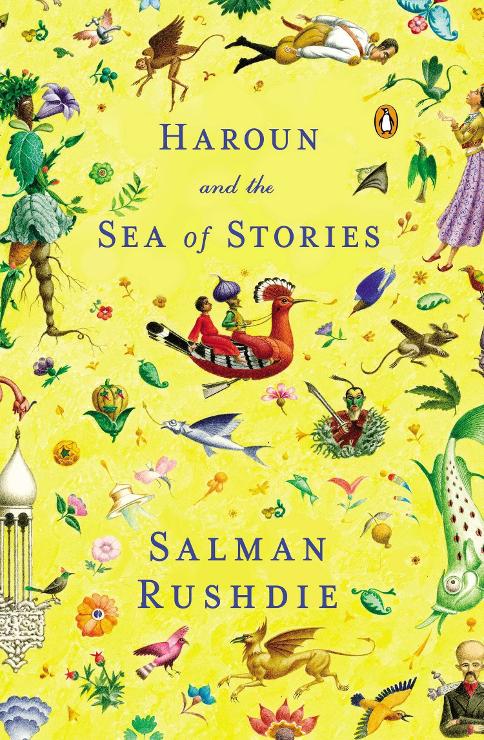
UNIT SIX: CULTURAL PERSPECTIVES
Global Perspective: Orientation of Time and Space
Statement of Inquiry: Persuasive tests, specifically in marketing and politics, use
language intended to influenceour behavior and decisions.
Key Concept: Perspective
Related Concept(s): Audience, Imperatives; Context; Structure
Factual Question: What techniques do advertisers employ to influence our
behavior and decisions?
Conceptual Questions: How can we avoid being manipulated by what we see, hear, and read?
Debatable Question: When do advertisements become unethical?
Text: Different forms of advertising and media